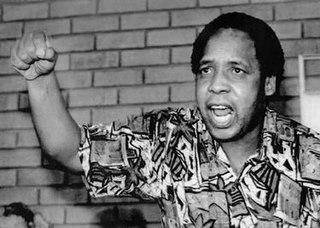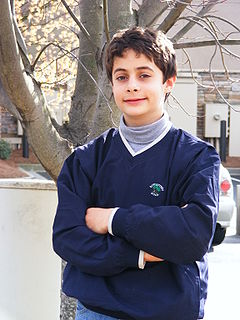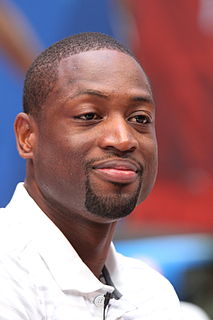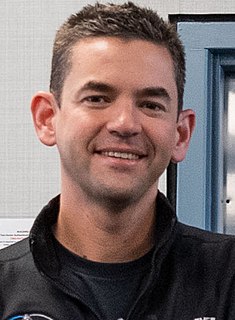A Quote by Nathan Wolfe
Seasonal flu is now a pandemic that lasts for years and years because you've got so many people that it's jumping back between northern and southern hemispheres and moving itself around the world. By the time it gets back to where it started, it's changed sufficiently so that people are no longer immune.
Related Quotes
I've never wanted to spare myself because I feel there are people who are no longer around and died for this struggle. What right do I have to hold back, to rest, to preserve my health, to have time with my family, when there are other people who are no longer alive - when they sacrificed what is precious: namely life itself.
I got into politics when I was eight years old. Six years now. And I got involved because I started listening to talk radio. It goes back to one event. The Democrats filibustered something in the Senate when I was eight years old. I don't remember what it was on and I didn't honestly care when I was eight years old. I cared about the history and the Senate rules.
You couldn't changed history. But you could get it right to start with. Do something differently the FIRST time around. This whole business with seeking Slytherin's secrets... seemed an awful lot like the sort of thing where, years later, you would look back and say, 'And THAT was where it all started to go wrong.' And he would wish desperately for the ability to fall back through time and make a different choice. Wish granted. Now what?
At 9 years old, I moved in with my father because my mother could no longer care for me. Looking back, I now see so many similarities between my own childhood and that of my sons. My father stepped in when I needed him, and that gave me the chance for a better life. That's what I'm doing for my boys now.
I think my life actually changed at 40. That's when you realize you can't ride the fence anymore. You either have to get on one side or the other. I think some of my best years were between 40 and 50: I got my priorities straight and life is good to me now. It's only other people who say, "God, she's 50 years old!" as if I'm over the hill. I feel like I just started.
When you say that after World War I there was a pandemic that killed more people than the war itself, most will say: "Wait, are you kidding? I know World War I, but there was no World War 1.5, was there?" But people were traveling around after the war, and that meant the force of infection was much higher. And the problem is that the rate of travel back then was dramatically less than what we have nowadays.
People realize that we're very good at sending people to war, but we're not good at taking care of them. And people are coming back from war now; years ago, they would have been killed, now they're wounded; and they're coming back alive and with post-traumatic stress. So, I think Americans are sensible enough to know we've got to figure out a way to take care of them.
I did this campaign that was called "Back to the Basics" where I went back to the street, went back to my block, and really felt the people. We've got to go back to that sometimes. We distance ourselves from that and we see it from afar. Some people can't relate back to that; once you're out of it, they don't want to relate back to that. It's always good to get back to the basics, though. You've got to touch the roots, you've got to touch those people. Regardless of what's going on, people always respect that.





































